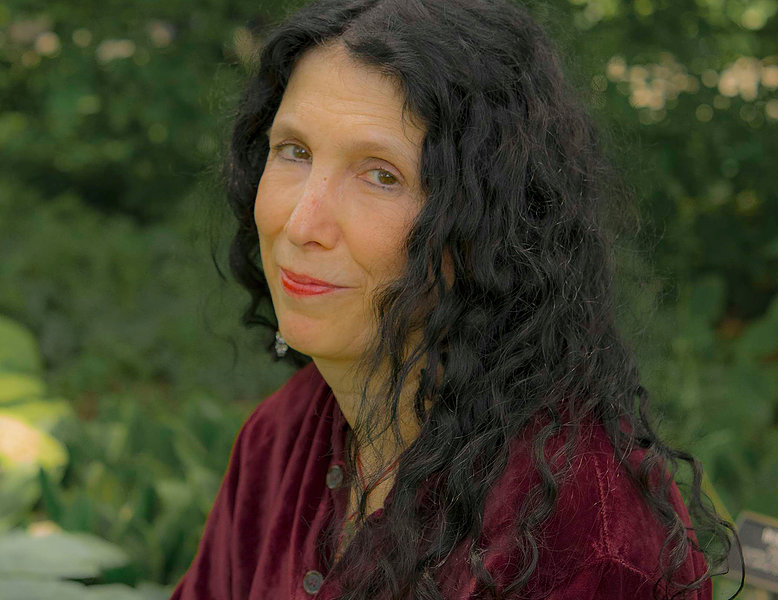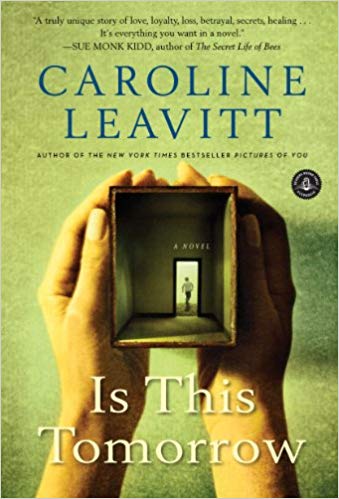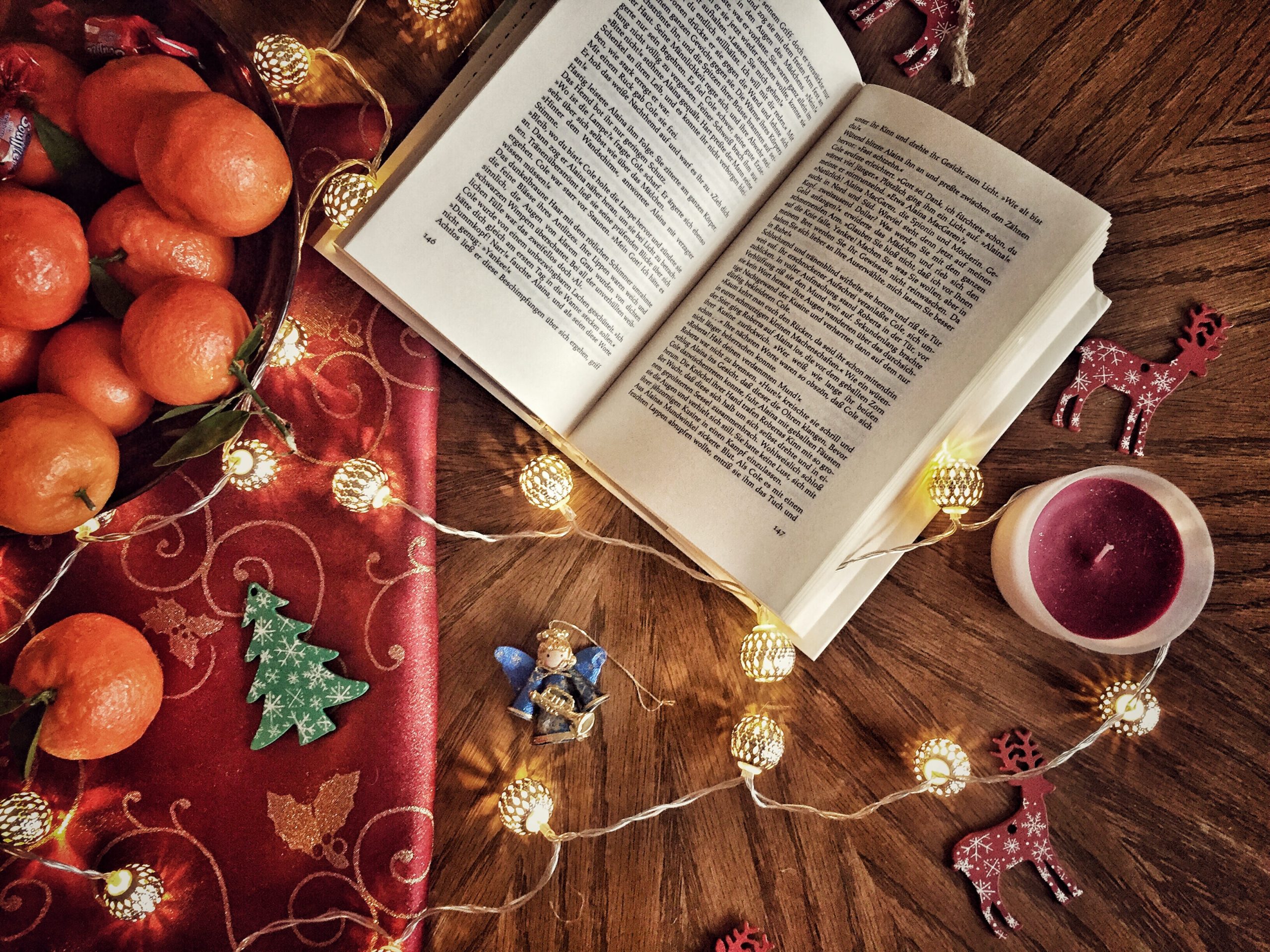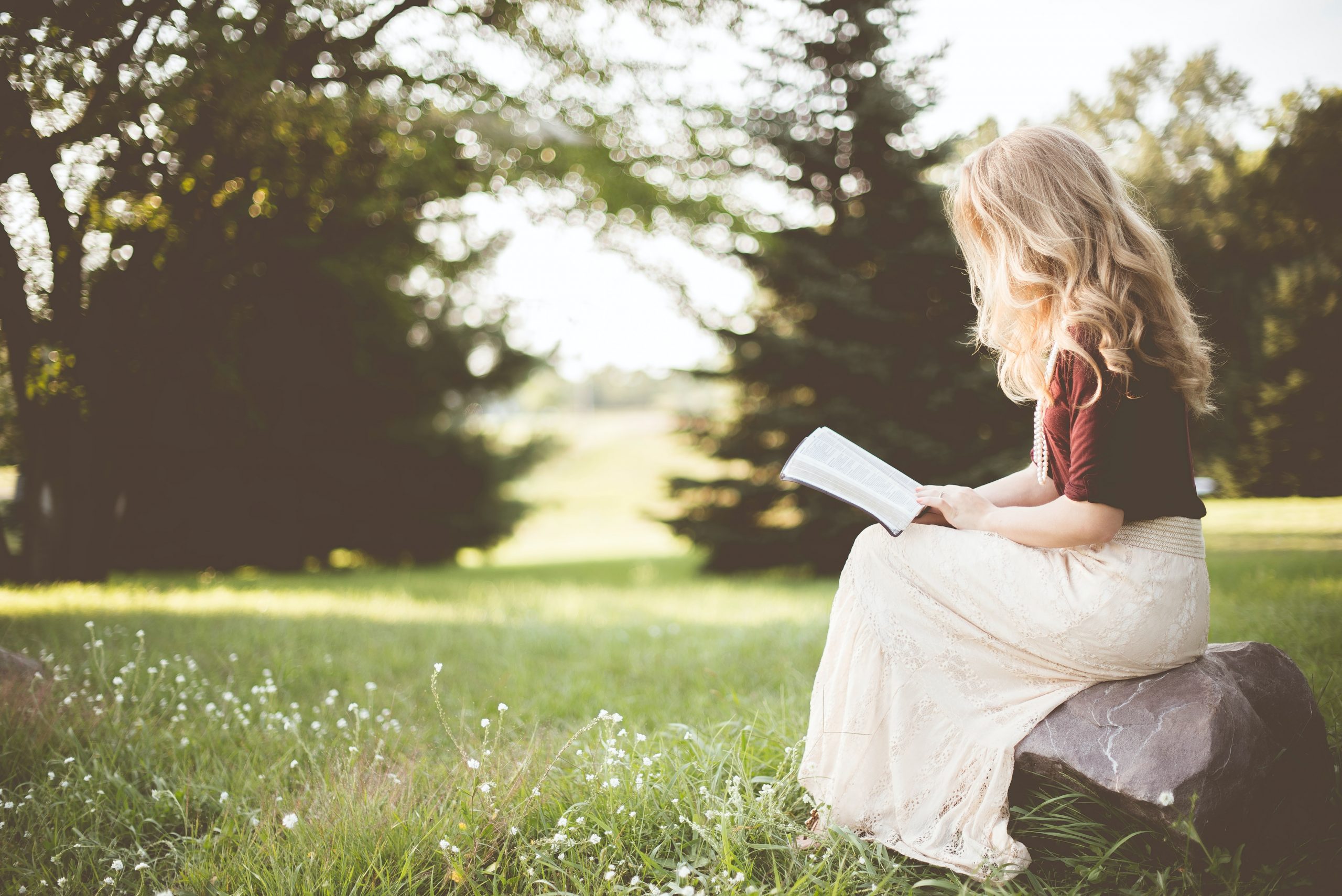
In this version of twenty questions, I send a list of questions to a willing victim author and they choose their own interview by choosing which questions, and how many questions, they want to answer! Caroline Leavitt’s new novel, Is This Tomorrow is probably going to be one of my best books of the year. The writing, subject matter, and characterization are stellar and it was near impossible to put this novel down once I’d started. Here is what Caroline had to say about reading, writing, and what happened when Algonquin told her that they would change her life.
Would you give us a bit of introduction and let my readers know who you are, how you got started writing, and what kind of books you like to write?
I’m Caroline Leavitt, the NYT and USA Today bestselling author of Pictures of You, which was also on the Best of 2011 Lists from the San Francisco Chronicle, The Providence Journal, Bookmarks Magazine and Kirkus Reviews–and it was a Costco Pennie’s Pick and a San Francisco Lit Pick. I’m also the author of Is This Tomorrow, an Indie Next Pick out this May from Algonquin Books. I also review books for People, The Boston Globe and The San Francisco Chronicle! I’ve been writing since I was a little girl. Writing was my escape from being so sickly with asthma as a child! I love writing books about questions that obsess me: How do we forgive the unforgivable? How well do we know the ones we love? How can an outsider find a place in an unwelcoming community? I guess that means I like to write books that are dark, literary, and don’t always have happy endings.
I am often struck by the different ways writers respond to the process of writing a book. Can you share with us any routines, food or recipes, or favorite books or rituals that help you thorough the writing process?
I always have to have coffee in the morning. I actually just discovered coffee two years ago and my first cup was a revelation! I knew coffee would add focus, but I never realized it would also put me in such a great mood! My husband and I live in an 1865 row house and the top floor is just our offices, so I have a special room just for writing, which I love. I have to have music when I work, but I’m embarrassed to admit that it can’t really be GOOD music, because then I’d have to stop to listen to it. I have been known to listen to the same Carpenter’s album five times in a row. I hope no one holds that against me.
Write the question you would most like to answer in an interview, and then answer it.
How do you silence self-doubt?
The answer: I don’t, though I really try to, often using magic thinking, tarot cards, whatever I think might work. I’ve come to realize that part of being a writer is being terrified of humiliating myself, and I’m trying to live with that.
What was it about this the story that made it the one you had to tell at this time? What impact did telling this story have on your life? Did you find that it had changed you?

Is This Tomorrow is set in the 1950s when being alike is really prized and women are second class citizens. I wanted to write about how an outsider finds community–or even if that’s possible. And it had a deeper meaning for me. I grew up an outcast in my own neighborhood, bullied and shunned, because I had three supposed strikes against me: I was smart in a community where only 10 percent of the high school went on to college. I was Jewish in a Christian community (I heard a lot of “Why did you kill Christ?”), and I was very sickly with asthma, which made me a target. But I yearned to belong, even to this group that wouldn’t have me. So I created Ava Lark, divorced, Jewish and the mother of a 12-year-old Lewis. When Lewis’ best friend Jimmy vanishes one day, the neighborhood targets Ava. Lewis grows up with survivor’s guilt. Ava struggles to fit in, refusing to leave her home. And Rose, Jimmy’s sister, is certain her brother is still alive. Eventually, the case seems solved, but is it, really? The book explores how much of the truth we can tell, especially if it hurts others. Telling the story really changed me because I identified so strongly with feeling different. I loved how strong Ava was in the book, how she fought the prejudices of the times.
Did you know what you wanted the title of the book to be? How involved were in choosing the name of the book?
I love this question because so often names are a marketing decision. With Pictures of You, my first book for Algonquin, I wanted to call it Traveling Angels, which is a screenwriter term and refers to a good person who comes into a community, mixes things up, and then vanishes. But they felt no one would know what that meant. Next, I called it Breathe, because the boy in the story, has terrible asthma, but that was nixed, too. Finally, my editor suggested the title, Pictures of You, and when she told me it was a Clash song, I said, fine. Is This Tomorrow was originally called Everything That Happens Happens Today, which everyone liked until another book with a similar name came out! Next, I called it The Missing Ones, but no one liked that, either. I finally, desperate, found the title Is This Tomorrow online, on an old 1950s propaganda pamphlet about the dangers of Communism! So far, my next novel, Cruel Beautiful World is keeping its title (which my 16-year-old son gave me!)
What were your experiences with reading when you were growing up? Was there a pivotal moment in discovering literature when you knew that you wanted to be a writer?
I spent a lot of my childhood in the library, reading and writing. When I was writing, I could live another life. I didn’t have to be that little girl with asthma. I could be a dancer in Spain! Or a surgeon in Atlantis! But I also wanted validation for who I was, and I quickly began writing stories about girls like myself. My teacher urged me to read one of my stories out loud to the class, but I knew they would make fun of me. «You have to take risks,» she told me, so I did. I was too terrified to look up at the class as I read, but I finally did, and saw that they were listening! They were interested! When I was finished, they clapped! I knew then that I wanted to be a writer!
How many works in progress do you have going at any one time? How do you know when one has potential and when one just needs to be scrapped?
I try to be thinking about a new novel when I am 3/4 of the way through the one I am writing. This means I never have writer’s block, and it also means that when one novel comes out, I am not as panicked about it, because I am thinking about the novel that I am currently writing! There was one time when I was writing two novels at the same time because I couldn’t figure out which one I wanted to write first and they both had huge problems. I was going crazy. I hated writing two at once. Finally, a writer friend of mine said, “Okay, tell me about each book,” and I started talking about Is This Tomorrow, and she stopped me and said, “You talked about this book first, so that’s the one you need to do.”
As a published author, what’s been the biggest surprise about life after the publication of your first book?
Oh, what a great question. The biggest surprise for me was that the first success was not guaranteed to continue. My first novel, Meeting Rozzy Halfway, published when I was really young, made me a sensation. Radio. TV. Travel. The whole works. I thought it would always be this way, but then my publisher went out of business, then my next two publishers also went out of business! I finally signed with a big publisher for a two book deal, and they ignored me. They wouldn’t take my calls or answer my emails. Ditto the big publisher after that! I had great reviews but no sales. None. Really. And then the crusher was when my last publisher rejected Pictures of You by saying “it wasn’t special.” I was heartbroken, but I was lucky, too, because if they had published it, it probably would have died. I asked all my writer friends: Do you have an editor you like? Do you think your editor might read my work? One writer sent me to Algonquin. The editor there liked the synopsis, liked the book, and bought it three weeks later! “We’re going to change your life,” Algonquin told me. Remarkably, they did. They called me! They answered emails! They took me to lunch! And they made that “not special” book a NYT bestseller. I call them the gods and goddesses of the publishing world. But I know know that so much can change, that you can’t count on anything, and all you can do is write the book you want to write, the book that will change your life, and hope that others will respond to it.
Did you have to do much research when working on your books, and do you tend to write first or research first?
I did a lot of research for Is This Tomorrow because it’s set in the 50s. I hired two high school students to help, and a professional researcher, but the best research came from Facebook! All I had to do was post: Are there any male nurses from the 1960s around? I found lots! One guy told me how doctors in hospitals in the 50s always smoked, even around patients, and every hospital room had an ashtray, because patients could smoke, too! I usually have a detailed 20-30 page synopsis (that changes as I write, but the basic story stays the same) before I start researching. Then I spend about 4 months doing research. And of course, I often have to research while I am writing, too. But I love research.
What’s next?
I am so thrilled to report that I sold my next novel, Cruel Beautiful World, to Algonquin Books, on the basis of a first chapter and an outline. It should come out in 2015, which seems so far away! It’s set in the early 70s, the time when the peace and love moment of the sixties began to get a little ugly. It’s about a high school girl who runs off to a commune with her much older teacher and the terrible thing that happens to her. Her older sister is left to pick up the pieces and try to find out what really happened to her sister–and why.
I also am talking to movie people about Pictures of You and Is This Tomorrow. The script I wrote for Is This Tomorrowactually made the finals of The Sundance Screenwriting Lab! They take only 12 people, and though I didn’t get in, they told me to resubmit. It’s funny because so many people told me not to submit, because they said Sundance only wants very young, very hip screenwriters and I was “no longer that young and no longer that hip!” But I’m reapplying next year when I will be even less young and hip! I tell everyone I am the poster girl for never, ever giving up, no matter what.




